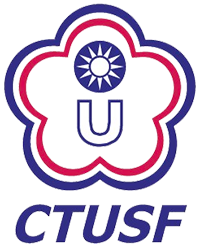Sports & Exercise Research Volume 21 Number 3
Author:Yi-Yuan Lin ;Chia-Ting Su ; Hsin-Yu Chiang; Chun-Hsin Lin ; Ai-Lun Yang
Period/Date/Page:Vol. 21 No. 3 (2019 / 09 / 30) , P283 - 294
DOI:10.5297/ser.201909_21(3).0007
Blood Pressure, Pulmonary Function, and Exhaustive Exercise Performance in Triathletes
Abstract:This study aimed to investigate the changes in blood pressure, pulmonary function, and exhaustive exercise performance in triathletes. The relationship between pulmonary function and maximal oxygen consumption was also evaluated. Twelve male elite triathletes and ten non-athlete control subjects (aged 20-25 years old) were participated in this study. Resting and maximal blood pressure, static and dynamic pulmonary function, and exhaustive exercise performance were measured for all participants. Results indicated that resting systolic blood pressure (SBP) was significantly higher in the triathlete group compared with the control group. However, there were no significant differences in resting diastolic blood pressure (DBP) as well as maximal SBP and DBP between the groups. Moreover, the arterial stiffness index (ASI) showed no significant differences in both groups. The results of pulmonary function showed that the tidal volume and forced vital capacity (FVC) were significantly higher in the triathlete group. Additionally, the triathlete group had significantly higher maximal oxygen consumption (VO_(2max)) and longer time to exhaustion than the control group. Finally, Pearson correlation analysis showed that FVC was significantly correlated with VO_(2max) in all subjects. We conclude that the triathletes have higher resting SBP that have no negative influence on ASI, and have better FVC. In general, the FVC is significantly associated with VO_(2max) in all subjects. (Full text)




